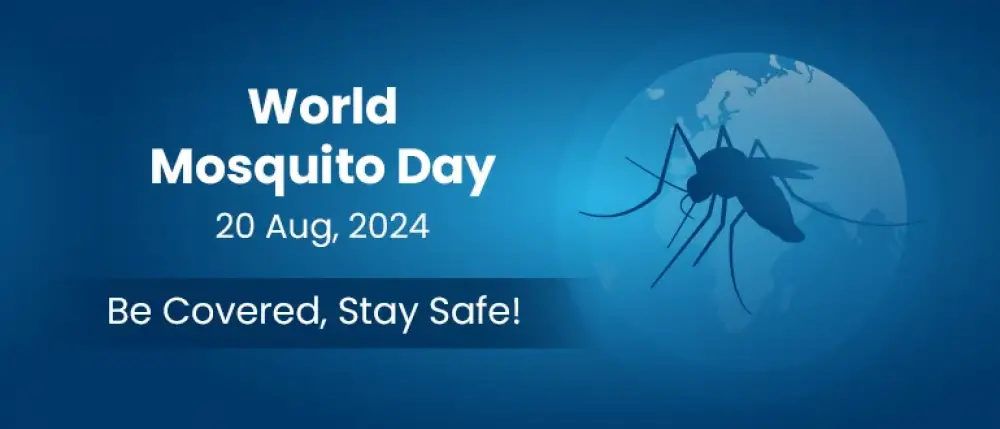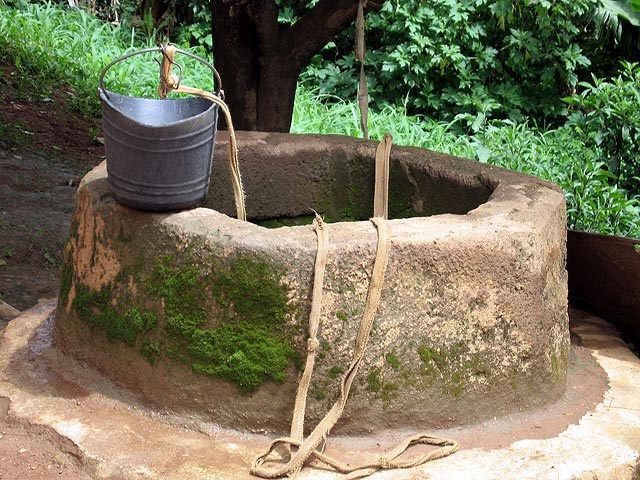The Pest Control Association of Nigeria (PECAN) has called on the Federal Government to create policies that will eliminate mosquitoes in the country to fight malaria.
The PECAN National President, PCO Olakunle Williams, at an event in commemoration of the 2024 World Mosquito Day (WMD) on Tuesday in Lagos.
“We will intensify our efforts to educate the public and policymakers about the benefits of sustained mosquito control programmes.
“PECAN will strengthen partnerships with government agencies, international organisations, and the private sector to enhance the reach and impact of malaria control interventions.
“PECAN will continue to engage governments at all levels in making policies that will eliminate mosquitoes in Nigeria,” he said.
He said the WMD was a poignant reminder of the ongoing global battle against malaria, a preventable and treatable disease that continued to claim lives, particularly in Africa.
“The theme for this year’s WMD, “Accelerating the Fight Against Malaria for an Equitable World,” speaks to the urgent need for concerted efforts to eliminate malaria and address the disparities it perpetuates in our society.
“This year’s theme challenges us to accelerate our efforts. We must leverage technology, enhance collaboration, and strengthen community engagement to achieve our goal of malaria eradication,” he said.
Williams added that the day was introduced as a mark of honour to the 1897 scientific discovery of a British Doctor, Sir Ronald Ross.
He said Ross succeeded in revealing to the whole world that the female anopheles mosquito was the cause of malaria.
“His discovery laid the foundations for scientists across the world to better understand the deadly role of mosquitoes in disease transmission and come up with effective innovative interventions.
“This day has been set aside worldwide to create awareness on the humans deaths caused by mosquitoes throughout the whole world and to see how these global deaths can be prevented,” he said.
While talking about the effect in Nigeria, Williams said Nigeria bears a disproportionate burden of malaria, accounting for nearly a quarter of all malaria cases and deaths worldwide.
“This is a sobering statistic that demands immediate and sustained action.
Despite significant progress in the past decade, malaria remains a leading cause of morbidity and mortality in our country, affecting millions of lives and imposing a heavy burden on our healthcare system,” he said.
He said PEST, as an association, was committed to eradicating malaria.
He added that one of its roles was to drive innovations at controlling mosquito in a sustainable way.
“Our association, comprising of professionals, dedicated to pest management, is committed to driving innovation, enforcing best practices and ensuring that mosquito control interventions are both effective and environmentally sustainable.
“We promote integrated vector management which is integrating multiple strategies such as larviciding, indoor residual spraying (IRS), and the use of insecticide treated nets.
“With this, we can reduce mosquito populations more effectively.
“Also, we will continue to capacity building and training pest control professionals access the country, ensuring they are equipped with the latest knowledge and tools to combat malaria,” he said.
He added that raising awareness about the importance of mosquito control and the dangers of malaria was crucial.
“Open dumping of refuse needed to be frowned at by the governments and littering of the drainages with waste plastic bottles, cans and the likes should be campaigned against.
“Reconstruction of modern drainage system, larval source management, clearing of the existing drainages to allow for free flow of waste water should be part of the priorities of the governments at all levels,” he added.
Earlier, Mr Micheal Shomoye, a senior member of the association, who spoke on the theme, said that the government had a lot to do in reducing and eradicating malaria.
“The government have a lot to do in prioritising preventive services and declare an emergency on mosquitoes itself.
“There should no be open drainage at this time. Every open drainage needs to be reconstructed and covered up and must flow properly.
“Mosquito has killed many souls. 300,00 people are dying everywhere because of mosquito,” he said.
He called the government to ensure enhanced awareness creation on the need for either reduce, reuse or recycle waste for economic growth.
“Waste is useful, in Singapore, they use waste to power electricity. We need to orientate the populace and our character, attitude must change,” he said.
The News Agency of Nigeria (NAN) reports that the fight against malaria is also a fight tor equity.
Malaria disproportionately affects the
most vulnerable population, pregnant women, children under five and those living in rural areas. (NAN)





